Welcome to the first 2021 issue of Conversations at Tangible! This year we will be focusing on market research insights that have changed the way businesses work. For this issue, we discuss 4 insights that have altered the way brands view their sustainability policies and practices.
The term “Sustainable Development” in the business world is not new. It was first defined in 1987 by the former prime minister of Norway (Gro Harlem Brundtland) in a report titled ‘Our Common Future’. She defined Sustainable Development as; “meeting the needs of the present without compromising the ability of future generations to meet their own needs.”
Today, more than 90% of CEOs state that sustainability is important to their company’s profits and success. In the report ‘The Next Phase of Business Sustainability’, Andrew Hoffman cites that “Companies have developed sustainability strategies, market sustainable products and services, create positions such as chief sustainability officer, and publish sustainability reports for consumers, investors, activists, and the public at large.”
Although no one person or company can take credit for the current state of sustainability, there are individuals who played an integral role in building the momentum. We will be shining the spotlight on some of these sustainability pioneers and 4 key insights that have changed their organisations, resulting in others following their lead.
Insight 1: The cost of inaction is higher than the cost of action
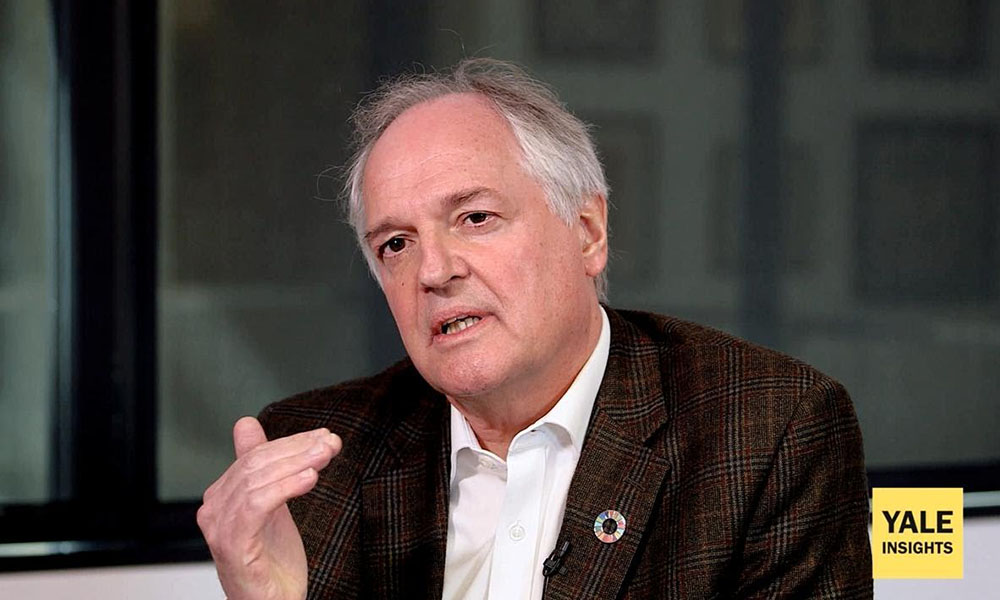
In a 2017 interview, Paul Polman, the CEO of Unilever, said “The cost of not investing, is more expensive than the cost of investing in sustainable practices.”
Polman continues “Today, the cost of climate change on the world is over five trillion dollars. The cost of wars is 8-10% of our global GDP, which is equal to about eight trillion dollars. If we solve these problems, not only will we not lose seven trillion dollars every year, but we will also create 26 trillion-worth of new market opportunities.” Polman challenges anybody to find another market opportunity that offers a 15-times payout — it doesn’t exist on a scale this big.
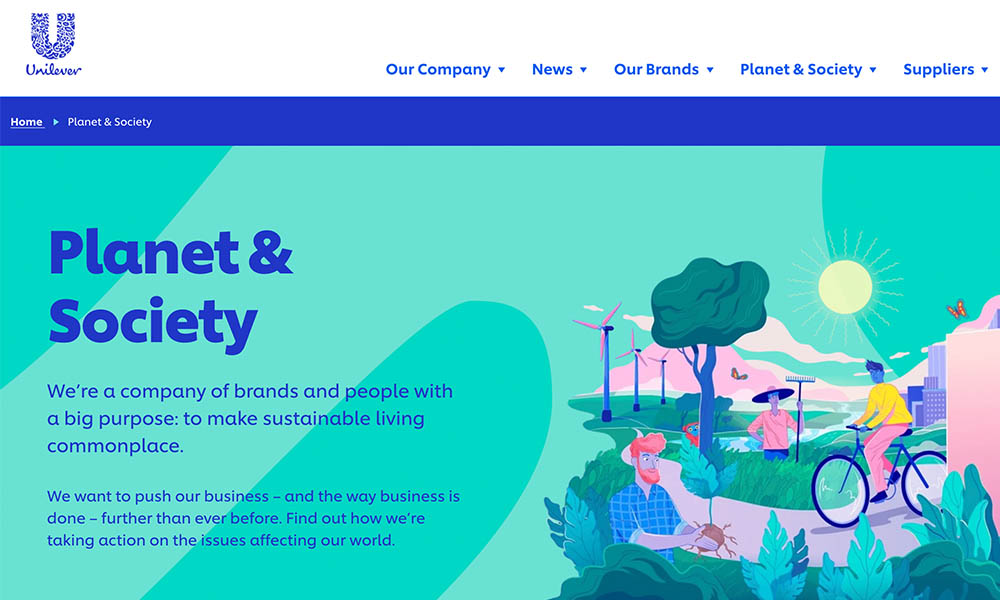
The Unilever Sustainable Living Plan (USLP) was launched in 2010 with its triple goals of
- Improving health and well-being
- Reducing environmental impact
- Enhancing livelihoods
The Results of Investing in Sustainable Efforts
Since the launch of USLP, Unilever has grown from strength to strength. “Meeting evolving customer expectations for responsible behaviour, creates benefits for a company’s brand. Brands that have a stronger purpose are brands that are more profitable.” Polman asserted, “It is cheaper to attack the issues and invest in solving them than to deal with the costs”
Polman explains that beyond saving lives (which should be reason enough) if businesses invest in the UN’s Sustainable Development Goals (SDGs) they will be more profitable, employees will be more engaged, and the employer brand will be stronger.
Businesses must dedicate resources – their people, profits, products, and processes towards the SDGs.
Read More: Yale Insights- Paul Polman: Should Companies Lead on Sustainability?
Insight 2: Big change has to begin from the top
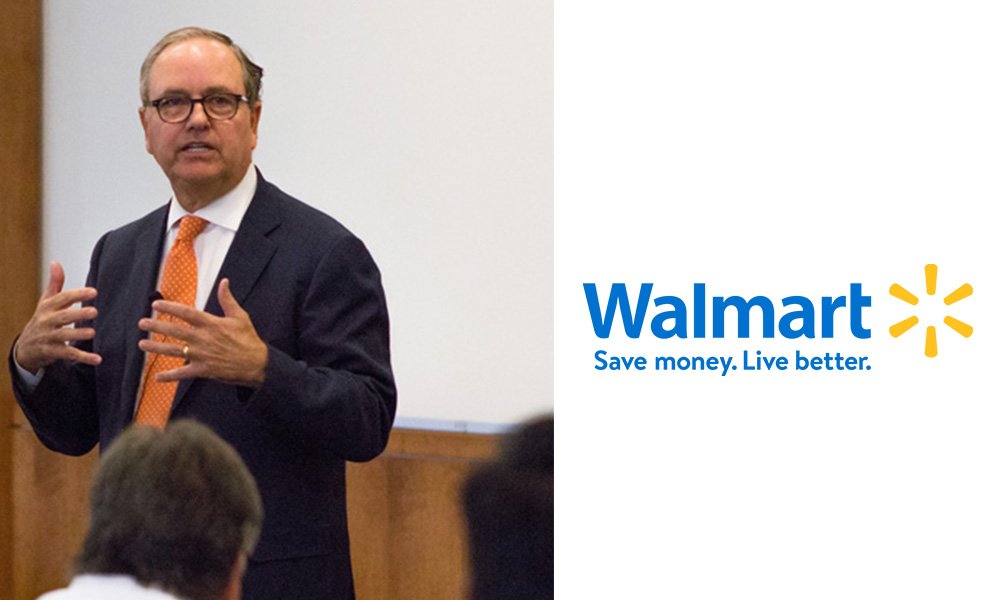
In sustainability circles, Walmart is perhaps best known for its environmental efforts. In 2005, the company announced 3 goals:
- To be supplied with 100% renewable energy
- To create zero waste
- To sell products that sustain people and the environment
However, arriving at this stage did not come without challenges. Lee Scott, the former CEO of Walmart, faced disapproval from the inside and outside the company. Although many stakeholders approached Scott, telling him that he was wrong to be spending time and money on environmental efforts, Scott was steadfast in his vision.
“The great thing about a business is, it’s not a democracy. People can have a say but they don’t necessarily get a vote. The Board gets a vote.”
This courage and guts to create change from the top led Walmart to a 12.7% reduction in greenhouse gas emissions, preventing 80% of waste from going into landfills, and over 180 renewable energy projects. CEOs have to take the lead for real change to happen.
Insight 3: Harness your uniqueness and tell the world about it
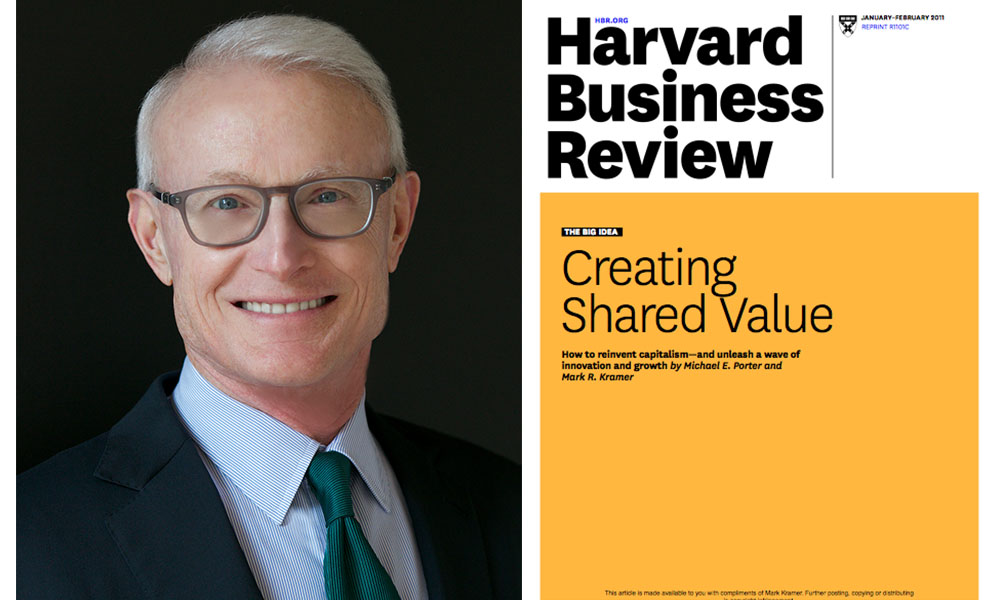
Michael Porter, co-creator of “Creating Shared Value”, outlines sustainability from a competitive strategy perspective.
Any business can claim to be sustainable and it might be just another buzzword being thrown about. But what can your business do to make your sustainability efforts stand out from other companies?
Michael Porter, Harvard Business School Professor and co-creator of “Creating Shared Value” comments “becoming successful in sustainability relies on similar philosophies of competitiveness. What does your company do uniquely well and how can you capitalise off of it? If a company is going to be really effective on sustainability,” he explained, “it’s got to pick its spots. It’s got to figure out where it has the greatest leverage in the business.”
In addition, companies are often either too humble or too fearful to communicate their success. Porter said, “I would say there are still companies who seem embarrassed by talking about the fact that sustainability approaches produce profits. There still is this sense that if it’s profitable, that’s somehow bad. If it’s profitable, ‘that makes us seem greedy.’ I think we’ve got to get over that. I think if we can align societal interest and economic interest, then we will make dramatically more rapid progress.”
If your company’s sustainability policies have resulted in positive change, celebrate it.
Read: Creating Shared Value
Insight 4: Predict The Future
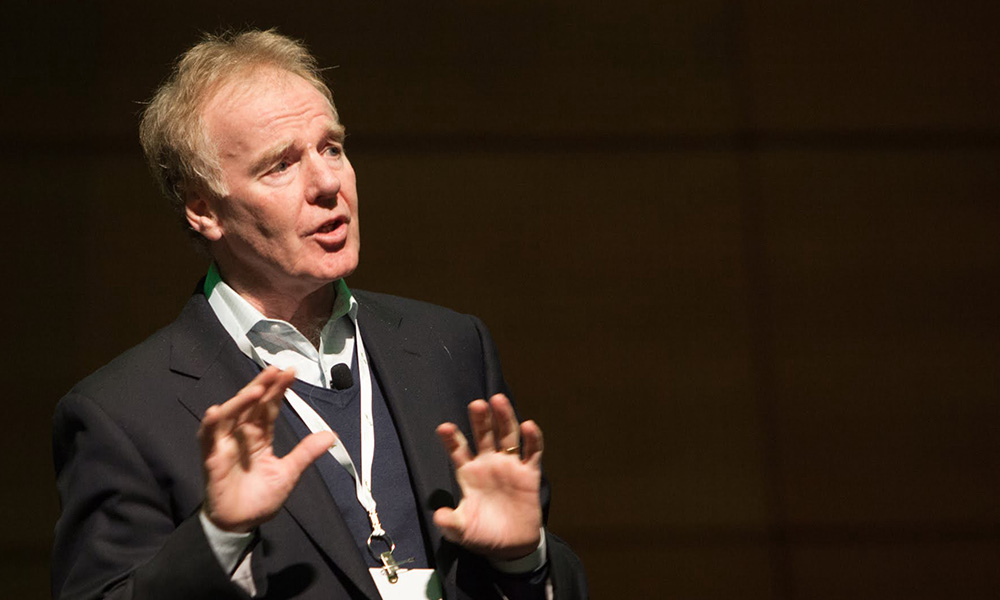
To ensure your business continues to be sustainable tomorrow and many years to come, you need to predict the future. Peter Senge, Founder of the Society of Organizational Learning, believes that the future of sustainability lies in the hands of the younger generations of businesses and people.
“We need the big companies to get things moving in the short term because they have the clout,” Senge said. “They have the market clout, they have the brand clout. But if you look over 10 to 30 years, the big story will be the companies that are relatively smaller today, but who will grow up with this DNA embedded in them. They’re growing it from the inside and these are exactly the companies who will matter over 10 to 30 years.”
Senge also spoke of the role of new technology in the future: “The Internet firms to me are the perfect example of an opportunity that people still haven’t quite seized. The new industries are where the real changes could be.”
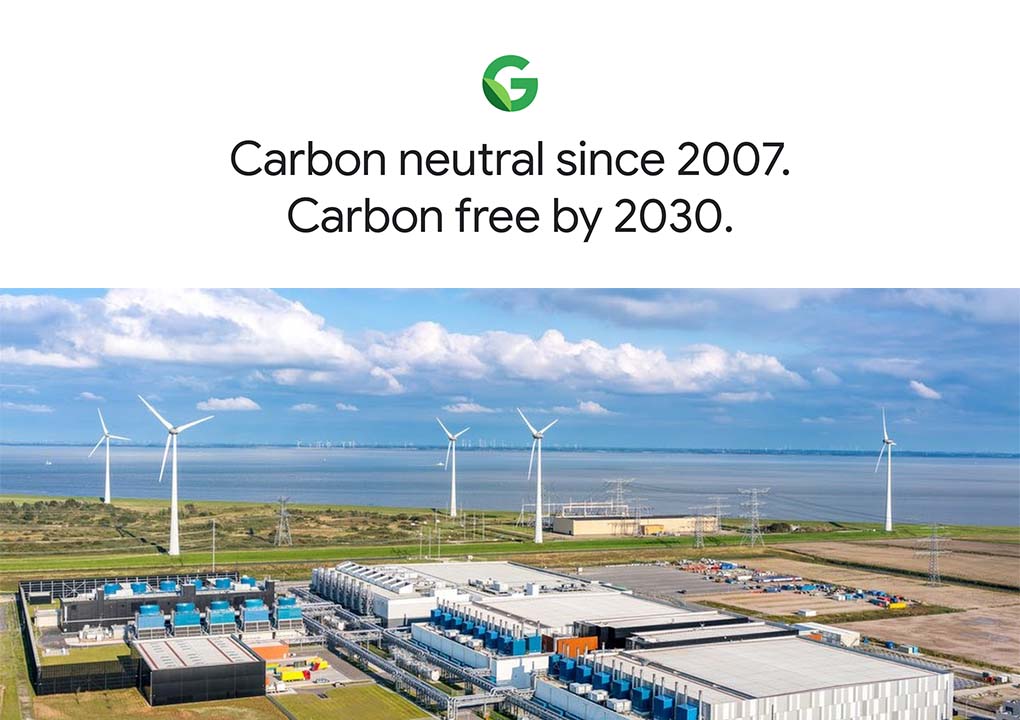
Setting an example for tech companies
Sundar Pichai, Google CEO, said the company will be eliminating its entire carbon legacy, by 2030. In a blog post outlining the company’s sustainability plans, Pichai wrote: “We were the first major company to match our energy use with 100% renewable energy in 2017. We operate the cleanest global cloud in the industry, and we’re the world’s largest corporate purchaser of renewable energy. “
“In our third decade of climate action, we are going even further to help build a carbon-free future for everyone.” He estimated that the commitments Google announced on carbon neutrality and sustainable energy will directly generate more than 20,000 new jobs in clean energy and associated industries, in the US and around the world, by 2025.
“Our data centres are large power consumers, and if we can achieve 24/7 carbon-free energy for our entire fleet, economically, we can demonstrate that a carbon-free economy is possible.” comments Urs Hölzle, Google senior vice-president for technical infrastructure.
Watch: Google’s Third Decade Of Climate Action
To conclude, changing the way your business operates for the betterment of all stakeholders, including shareholders, is what sustainability is all about. Real change has to begin within the company, right from the top and it requires boldness, visionary thinking, passion and courage.
Read More: Pioneers of Sustainability
Banner Image: Unilever Headquarters, Jakarta
Share this article


